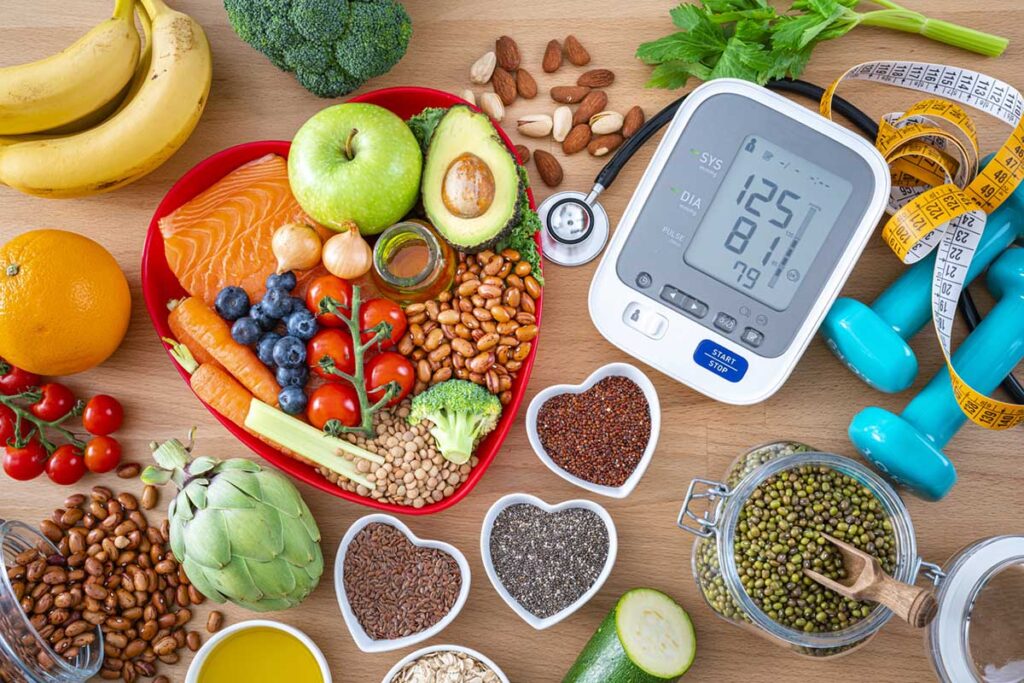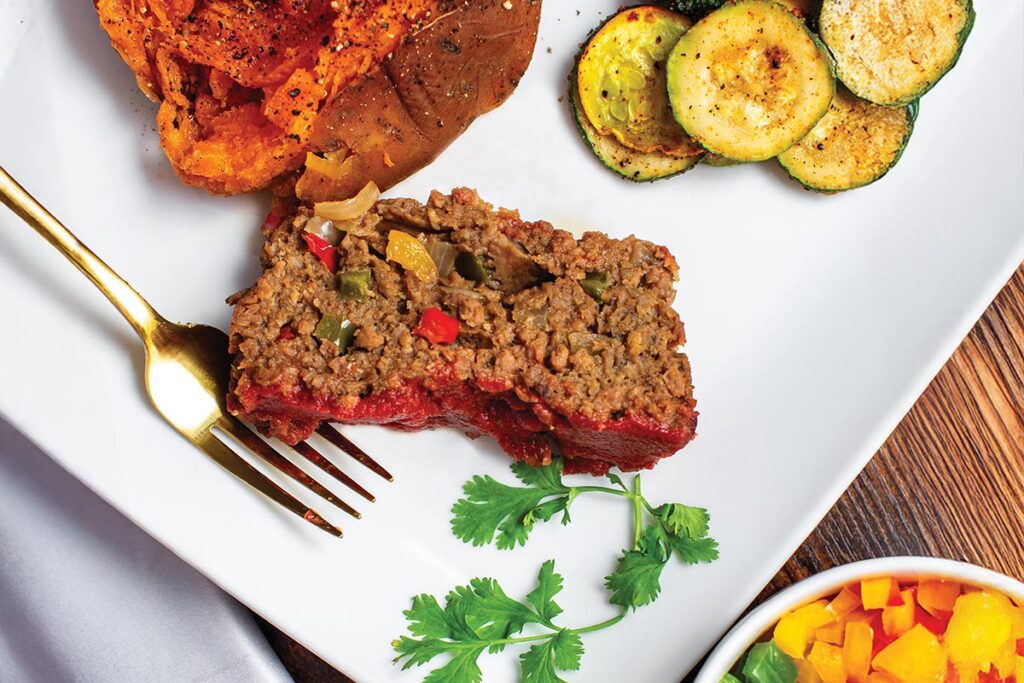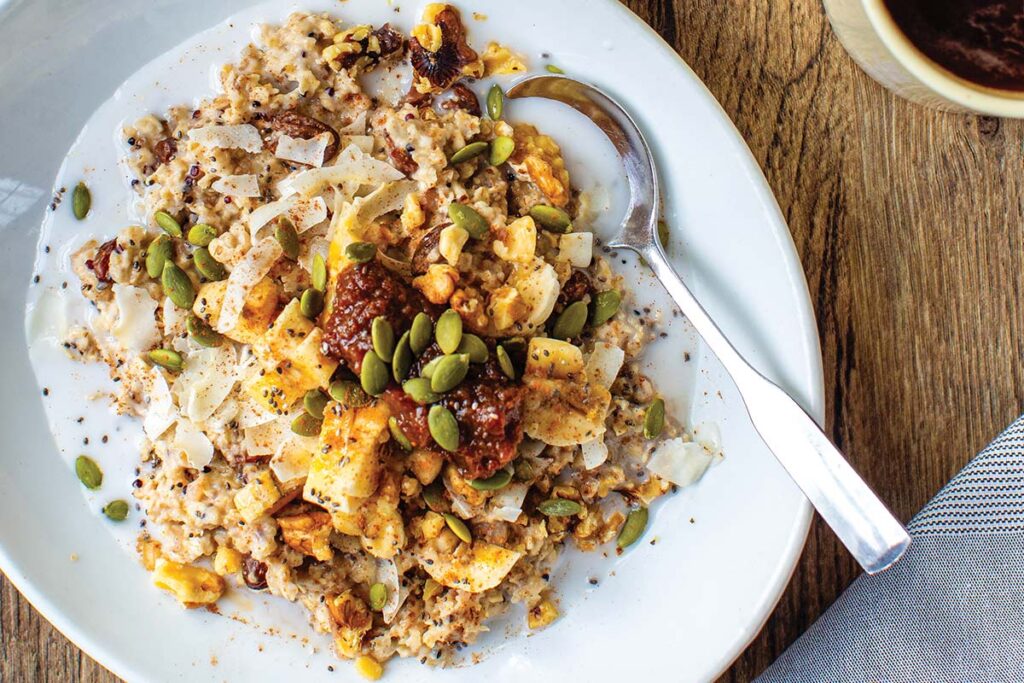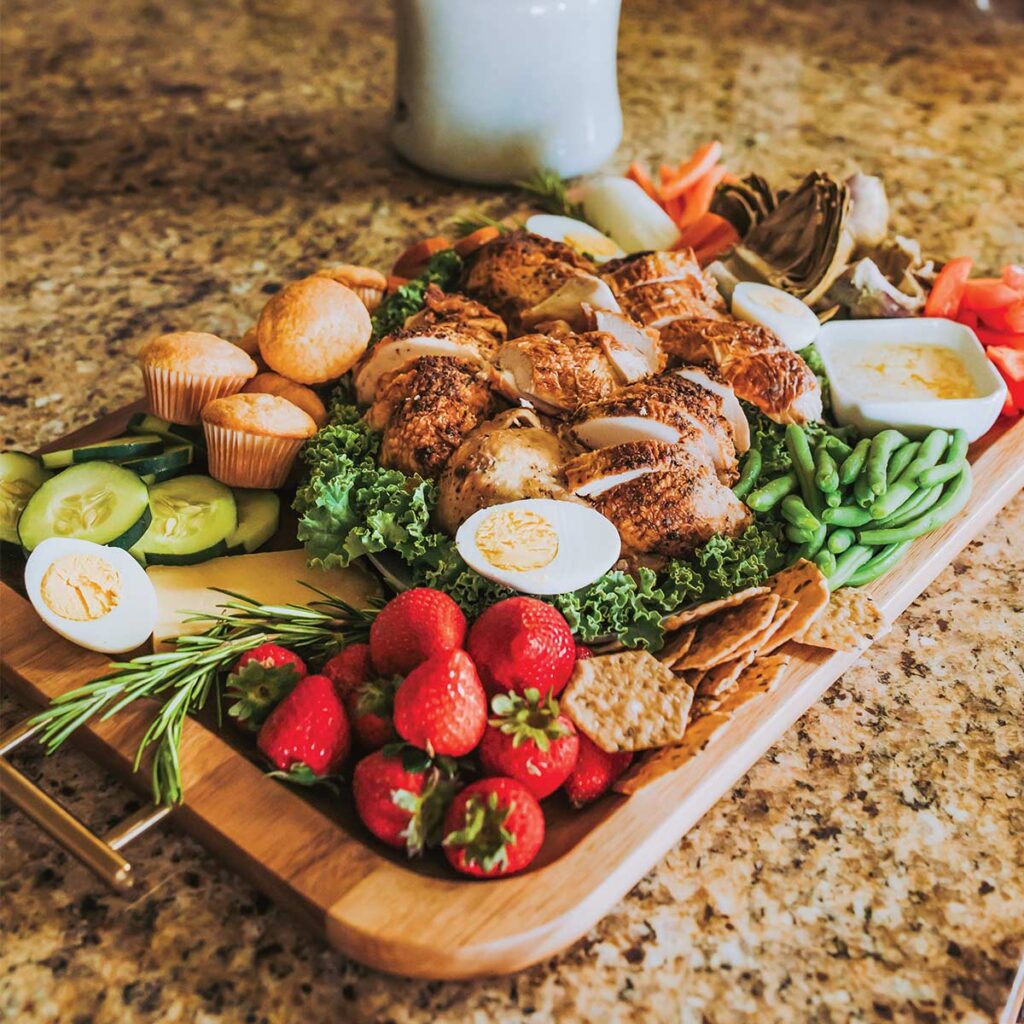Which one is healthier?
We spoke with Allison Knott, MS, RD, LDN and President of the Chattanooga Academy of Nutrition and Dietetics, who helped us determine the healthy choice between two similar foods.
Green Peas vs. Green Beans
When it comes to green peas and green beans, it’s a tit for tat. “Green peas are higher in calories, but they’re also higher in fiber,” Knott says. “There are seven grams of fiber and eight grams of protein in one cup of green peas. They are an excellent source of fiber and a good source of protein.” Those extra calories are balanced out by the boost of nutrients. Plus, peas are a great source of potassium, which according to Knott, is a nutrient Americans don’t get enough of. When it comes to these two green side veggies, they’re both winners. “As a dietitian, I promote whole foods, and both of these vegetables are good sources of nutrients for you,” says Knott.
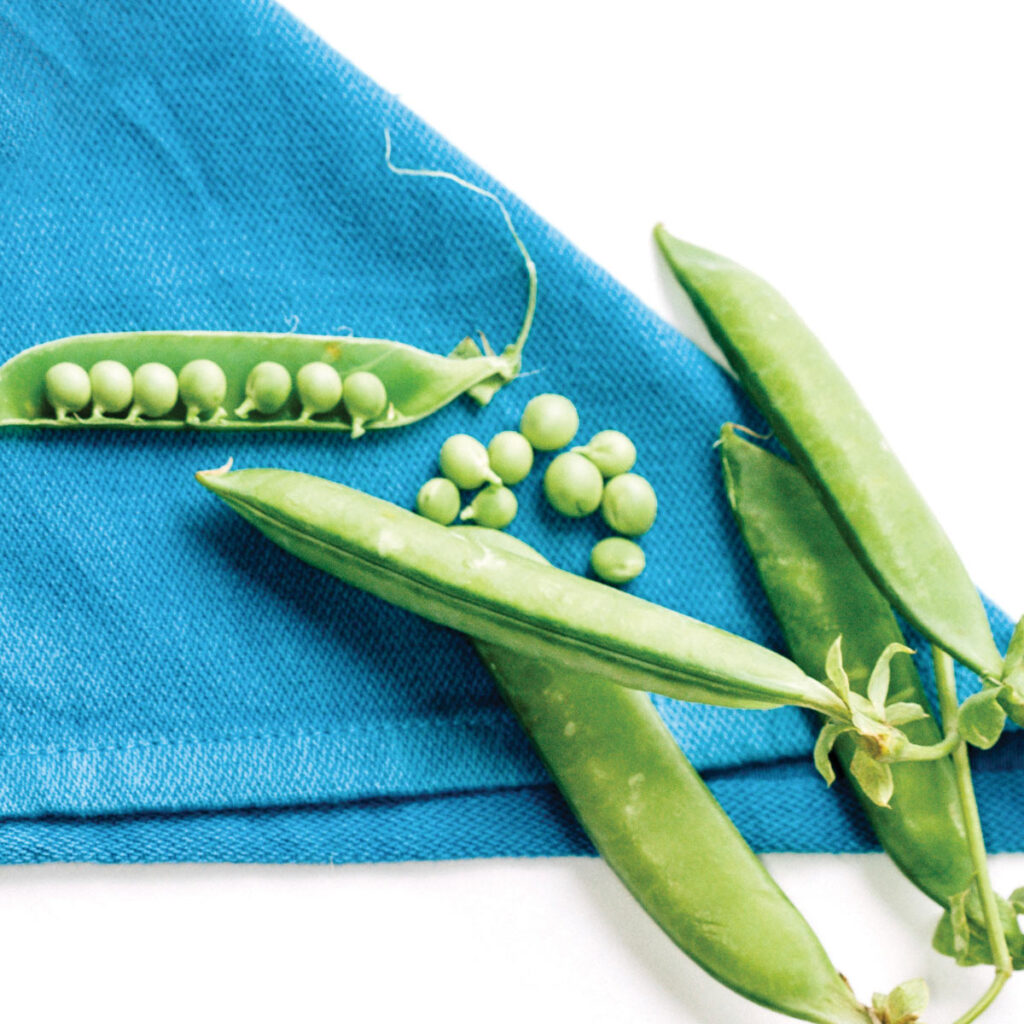
Sparkling Water vs. Still Water
If you feel like still water is too bland, boring, and blah, you’re not alone. Most Americans opt for sugary, sweetened beverages to escape the tastelessness of water, while others opt for a smarter choice – sparkling water. But does the sparkling beverage have any drawbacks? “If you’re looking for that fizzy something special, sparking water is totally fine,” says Knott. “I say drink up.” She does caution to look out for added sugars in sparkling waters. If you need to add some pizzazz to your sparkling or still water, Knott recommends jazzing them up with all kinds of flavor combinations, from mint watermelon to strawberry basil.
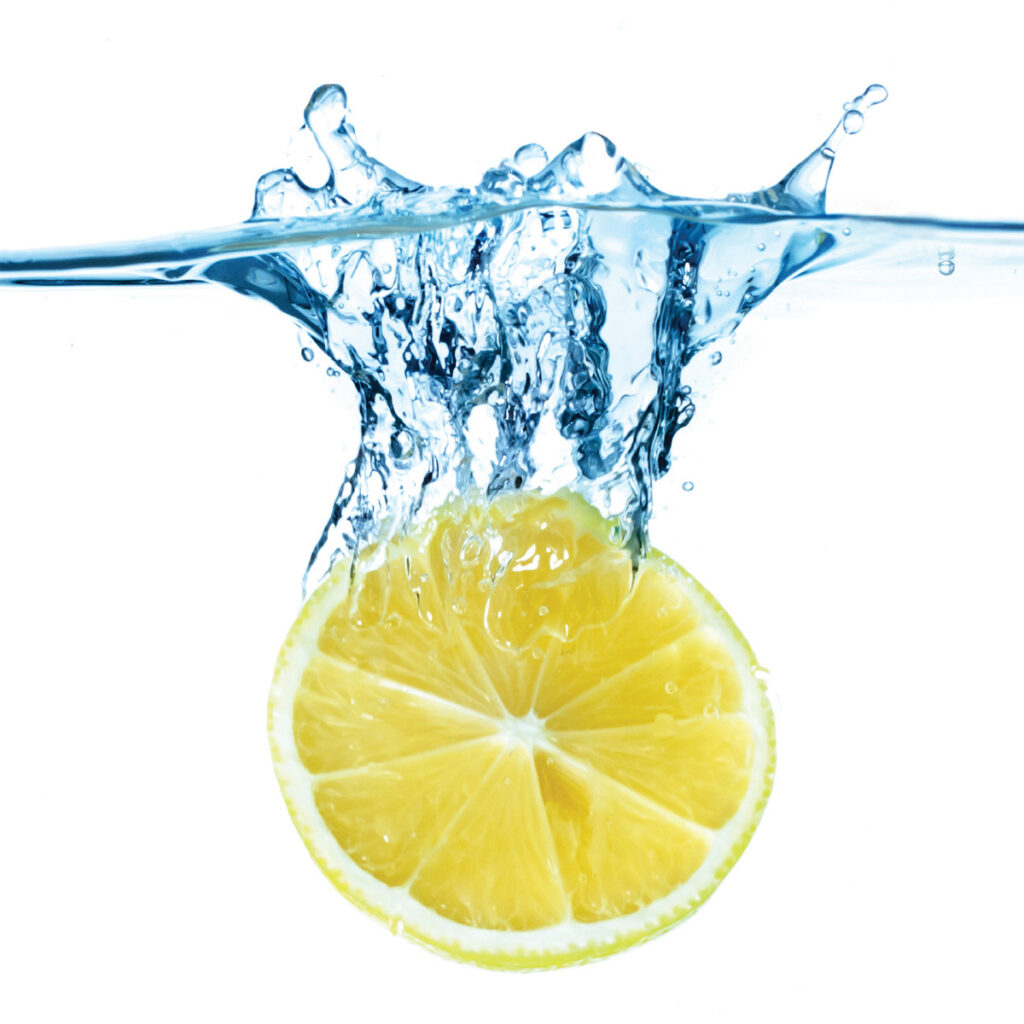
Pita Bread vs. Tortilla Wraps
Typically filled with meats and veggies, both pita bread and tortilla wraps serve the same general purpose. Next time you’re planning lunch or dinner, which should you opt for? “The most important thing to know is that bread is actually a surprising source of sodium,” Knott says. This means if you’re working to cut down your sodium intake, opt for a lettuce wrap instead. “Gram for gram, the pita and the tortilla are practically the same,” she explains. However, Knott notes that oftentimes tortillas tend to be larger than pitas, upping the amount of sodium. If faced with the two, go for the smaller pita. “I think that the key is to opt for the whole wheat or whole grain version, so you make sure to get plenty of whole grains and add to your fiber intake for the day,” explains Knott.
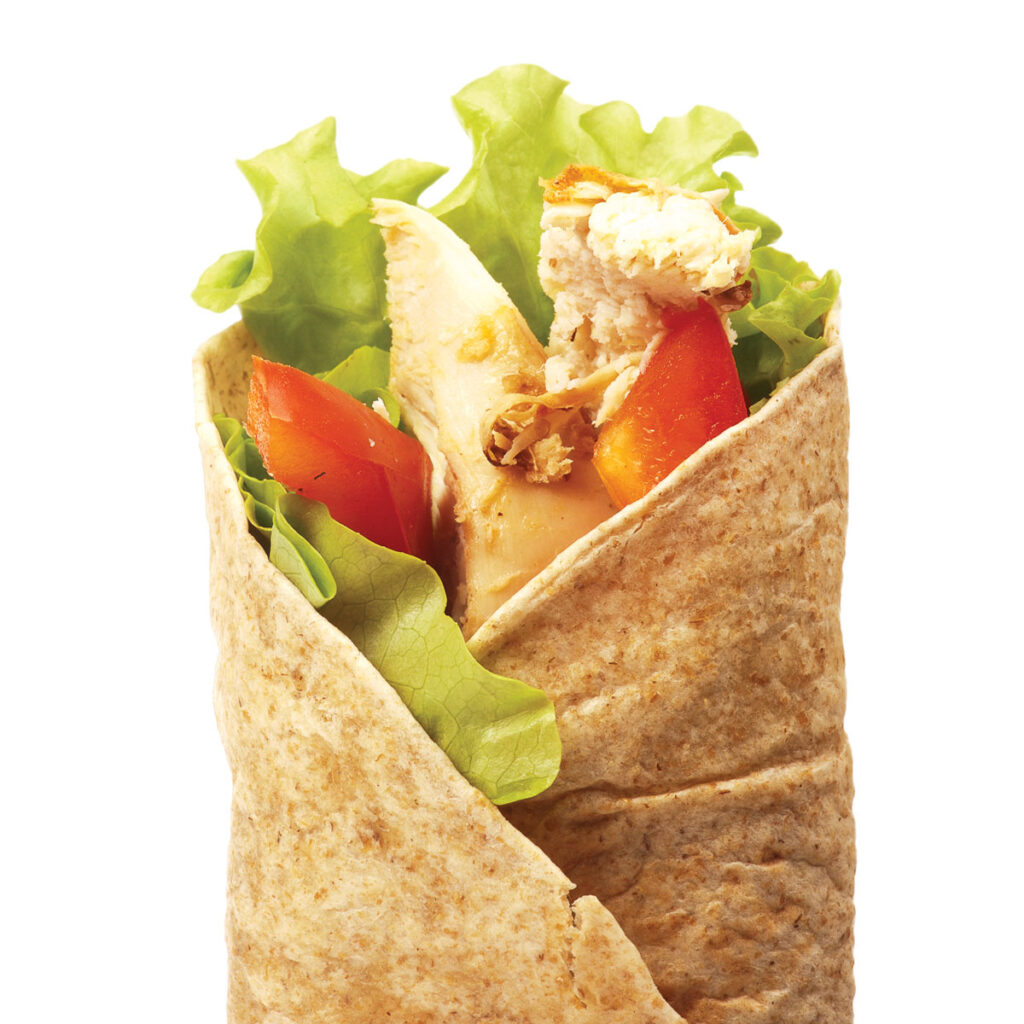
Chips vs. Fries
You might be having a healthy sandwich for lunch, but be conscientious when choosing your sides. Lots of sandwich shops offer the option of chips or fries. Which is the lesser of the two evils? “You have to think about whether they’re fried potato chips or baked,” says Knott. “If they’re baked, then they’re lower in calories and fat than fries.” Another thing to keep in mind is portion size. Typically fries come in a significantly larger volume than chips do, so if you can’t pass them up, consider sharing. One more thing that Knott says gives chips the edge? Dipping sauces that accompany those greasy, golden fries. “Ketchup, barbecue sauce, and mustard – all those things really up your sodium intake, which can be a concern.”
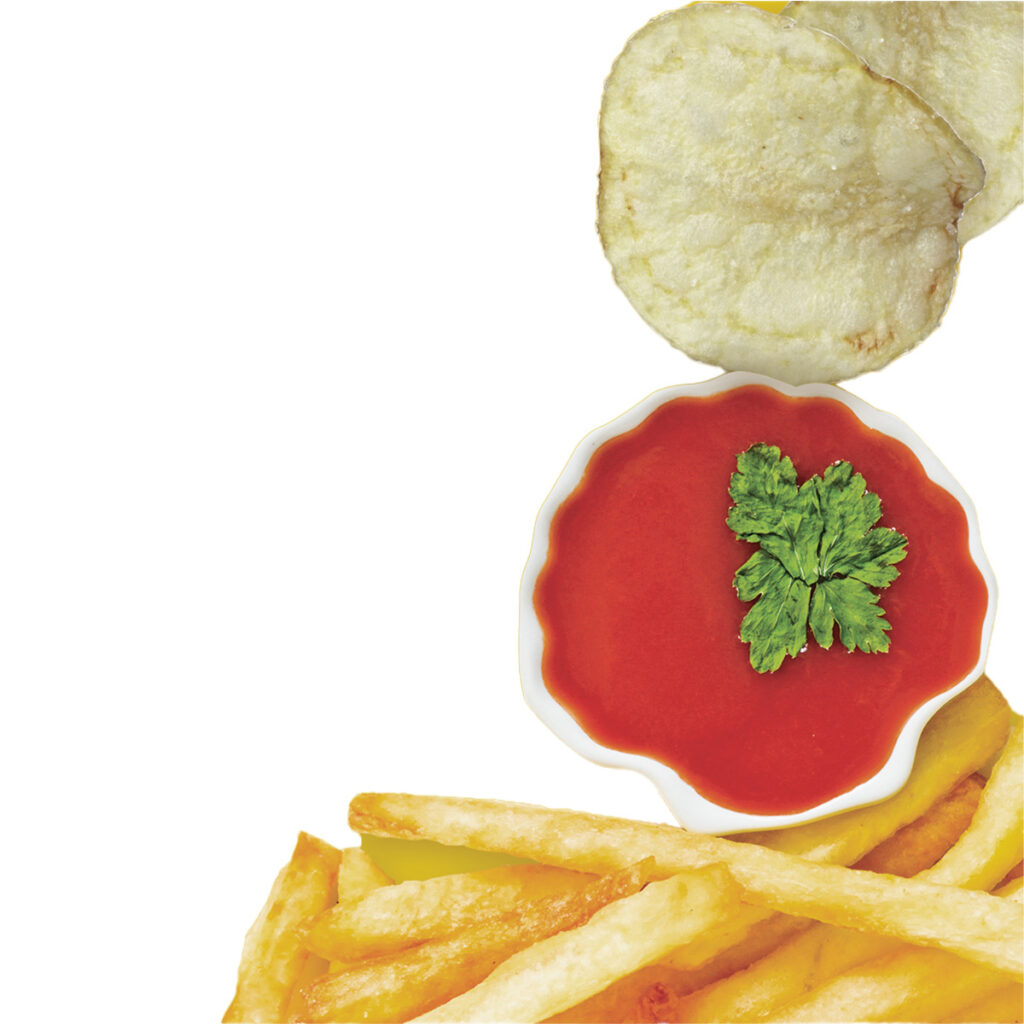

Allison Knott, MS, RD, LDN
President, The Chattanooga Academy of Nutrition and Dietetics

